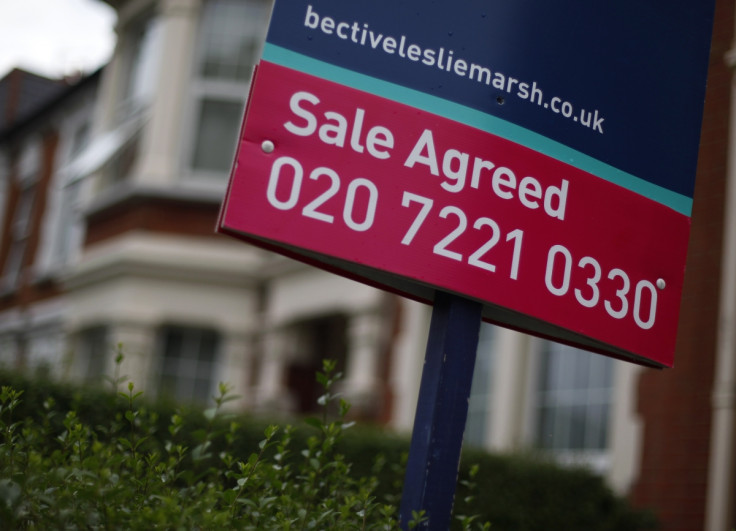Average UK House Price Now Worth Five Times Typical Earnings

The average price to buy a house in the UK now costs more than five times average earnings, according to Halifax.
In July, Halifax's monthly index said the average UK house price hit £186,322 (€235,028, $313,704) after jumping by 10.2% across the year.
Using the Office for National Statistics (ONS) pay data, Halifax said this means the average house price is 5.02 times the annual earnings of a full-time male worker. This is up from 4.96 in June.
Wages have been in real terms decline since the outbreak of the financial crisis. Pay is growing at an annual rate of 0.7% against inflation of 1.9%, meaning the cost of living is going up more quickly than wages.
House prices are going in the other direction.
They are rising sharply off the back of higher demand and a shortage of supply. House building is running at around half the level needed to satisfy housing need.
And a recovering economy, low interest rates and schemes such as Help to Buy have all made it easier and cheaper to access mortgages.
The resultant upward surge in house prices is concerning regulators. They are worried that some people may be stretching themselves too far financially to take on bigger mortgages to pay for higher property prices.
So when the Bank of England raise interest rates, which it is set to do soon as the economic recovery strengthens, household spending may be choked off by the subsequent increase in debt repayments. Some are even at risk of default.
To contain this threat, the Bank of England is capping the mortgage market. From October 2014, banks will only be able to comprise 15% of their net new mortgage lending of loans worth 4.5 times the applicant's income.
The Financial Conduct Authority (FCA) had already imposed stricter affordability tests on the market. This means lenders have to be more vigilant about the ability of borrowers to make repayments on their debt, such as if interest rates rise or their income was cut.
With house prices rising and efforts to restrict higher loan-to-income lending, many of those on lower incomes will be priced out of the property market, though this should help to put the brakes on the rapid price growth.
© Copyright IBTimes 2025. All rights reserved.






















